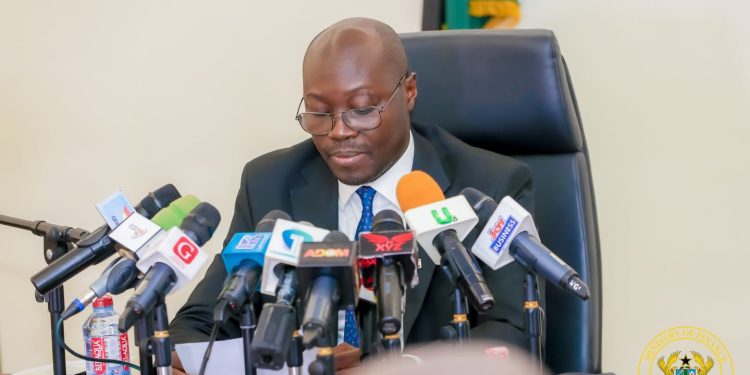Accra, Ghana – The International Monetary Fund (IMF) will begin crucial discussions with the Ghanaian government this week regarding the 2025 budget, which is slated for presentation in March.
These talks coincide with the government’s plans to eliminate several key taxes, including the E-levy, betting tax, and COVID-19 levy. These taxes, implemented to bolster revenue, have been widely criticized.
With Ghana currently under a $3 billion IMF Extended Credit Facility (ECF) program, the fund will assess how these proposed tax cuts align with the country’s fiscal consolidation efforts. The IMF will seek assurances that the removal of these levies will not jeopardize revenue targets or hinder economic recovery.
Beyond revenue, the government faces pressure to address the growing energy sector debt, estimated at over $2 billion. This debt poses a significant threat to power producers and the broader economy, with Independent Power Producers (IPPs) warning of potential supply disruptions if arrears remain unpaid.
The energy sector’s financial struggles have also contributed to cedi depreciation, due to the foreign exchange needed to pay power producers.
The IMF is expected to push for concrete measures to address structural inefficiencies in the energy sector, improve cost recovery, and establish a sustainable financial framework.
The government will need to present a clear roadmap to the IMF, detailing how it plans to offset revenue losses from the tax cuts, settle energy sector debts, and maintain macroeconomic stability.
The outcome of these discussions will be closely monitored by investors, businesses, and international partners as Ghana navigates the balance between fiscal responsibility, economic growth, and energy sector stability.


